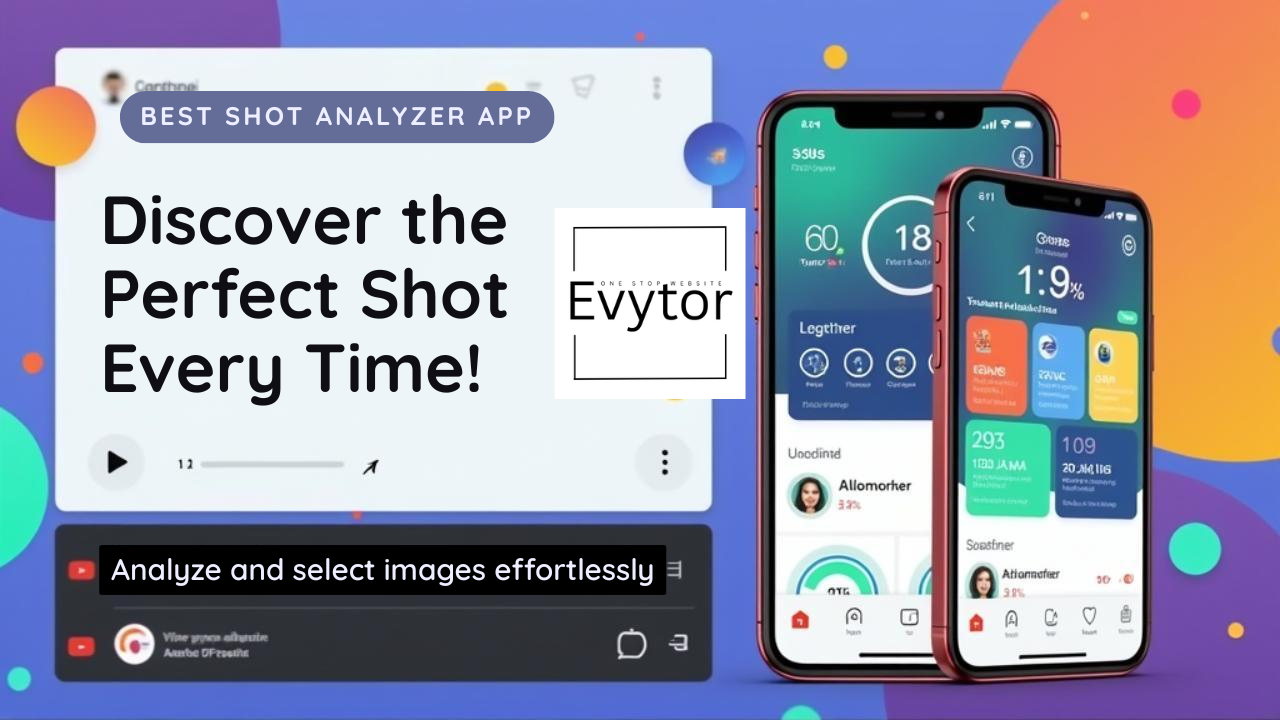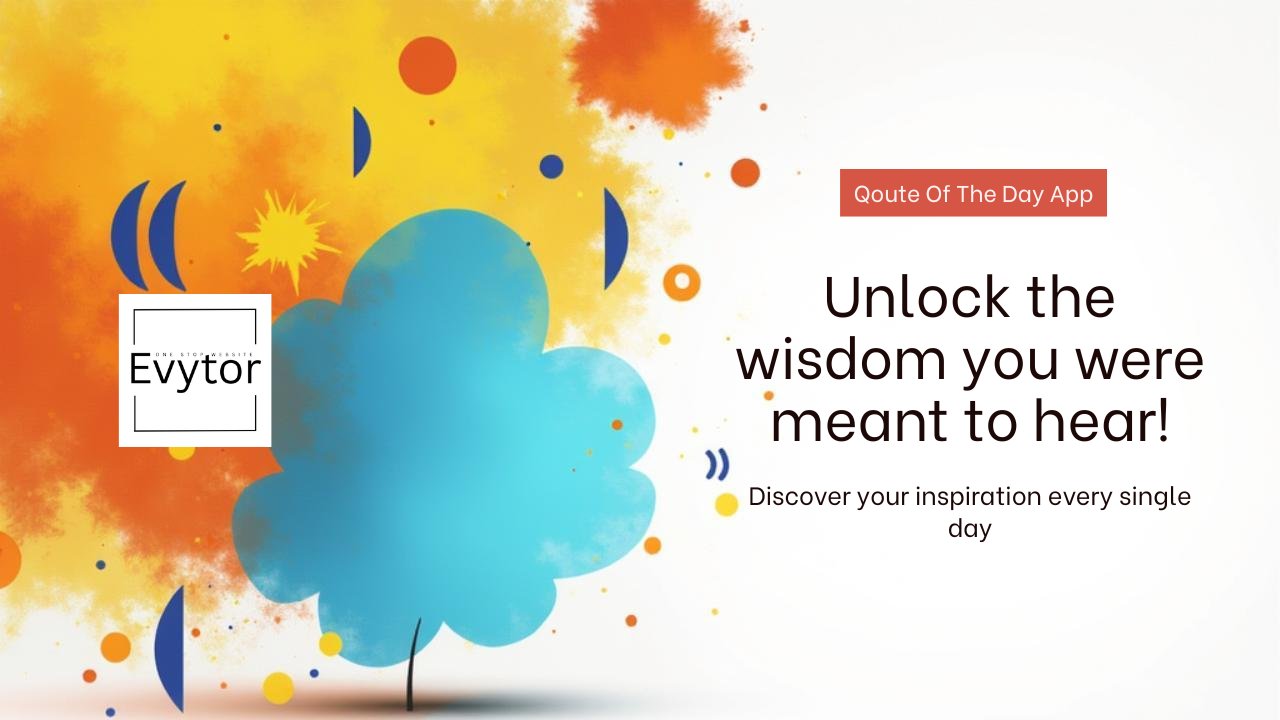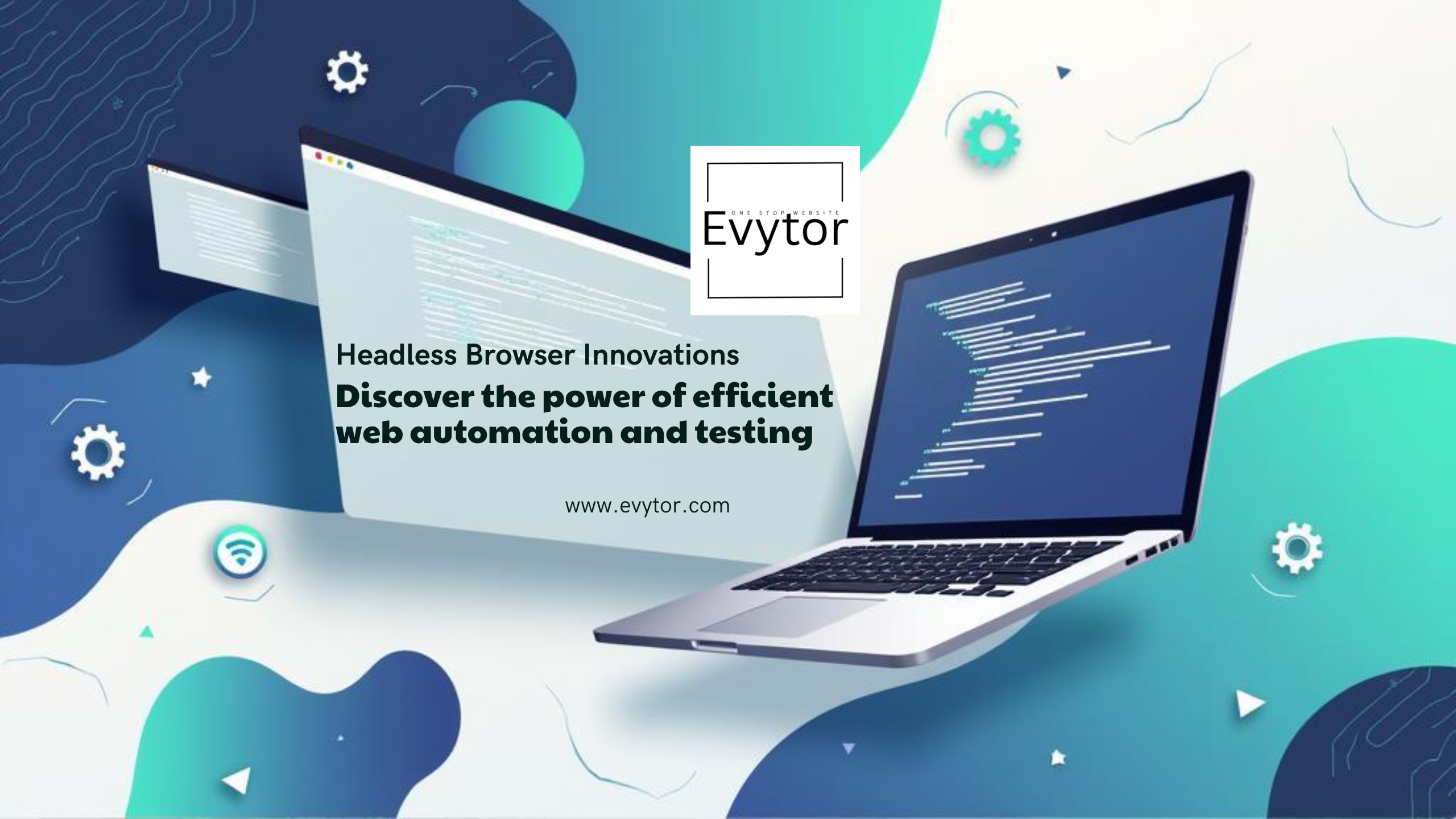Future-Proofing Your Skills: AI, Remote Work & Sustainability
Future-Proofing Your Skills: AI, Remote Work & Sustainability
Feeling the pace of change accelerating? You're not alone. We live in a time of unprecedented shifts driven by technology, global connectivity, and a growing awareness of our planet's limits. Three major forces are reshaping the future of work and life: Artificial Intelligence, the rise of Remote Work, and the urgent need for Sustainability. To thrive, or even just keep pace, we need to proactively adapt our skill sets.
This isn't just about learning new software. It's about developing *adaptable*, *human-centric*, and *resilient* skills that complement technology, leverage global opportunities, and contribute positively to the world. Let's dive into how these areas intersect and what skills are becoming essential.
The AI Revolution & Your Skill Set 🤖
AI isn't just automating tasks; it's augmenting human capabilities and creating entirely new roles. Rather than fearing automation, we should focus on skills that are difficult or impossible for AI to replicate, or those that enable us to work *with* AI effectively.
Essential skills in the age of AI include:
- Critical Thinking & Problem Solving: Analyzing information, identifying complex issues, and finding creative solutions that AI can't generate from data alone.
- Creativity & Innovation: Developing novel ideas, artistic expression, and imaginative approaches. AI can generate variations, but true conceptual leaps often require human insight.
- Emotional Intelligence: Understanding and managing emotions, empathy, and building strong interpersonal relationships. Crucial for leadership, teamwork, and customer-facing roles.
- Digital Literacy & AI Fluency: Understanding how AI works at a fundamental level, knowing its capabilities and limitations, and being able to use AI tools effectively and ethically. This isn't just for tech roles!
- Adaptability & Continuous Learning: The tech landscape changes rapidly. A willingness and ability to constantly learn new tools and concepts is paramount.
Tip: Think of AI as a powerful co-pilot, not a replacement. What tasks does AI free you up to do better?
Mastering the Remote Work Landscape 🌍
The shift to remote and hybrid work models has opened doors to global talent pools and offered increased flexibility. However, it demands a different set of skills than traditional office environments.
Key skills for remote work success:
- Effective Communication (Digital): Clear, concise written and verbal communication across digital channels (email, chat, video calls). Knowing *when* to use which tool is vital.
- Self-Discipline & Time Management: Structuring your day, prioritizing tasks, and staying focused without constant direct supervision. Requires strong internal motivation.
- Collaboration & Teamwork (Virtual): Working effectively with colleagues you may rarely, if ever, meet in person. Building trust and maintaining connection remotely.
- Digital Tool Proficiency: Mastering project management software, collaboration platforms, cloud storage, and communication tools like Slack, Zoom, Asana, Trello, etc.
- Maintaining Work-Life Boundaries: The ability to switch off and prevent work from encroaching on personal time, crucial for preventing burnout.
Bonus: Strong presentation skills are increasingly valuable as meetings move online.
Embracing Sustainability in Your Career 🌱
Sustainability is no longer a niche concern; it's a global imperative and a growing economic driver. Businesses across all sectors are integrating environmental, social, and governance (ESG) principles. Understanding sustainability creates opportunities and makes you a more responsible global citizen.
Skills related to sustainability:
- Sustainability Literacy: Understanding key concepts like climate change, circular economy, renewable energy, social equity, and ethical supply chains.
- Systems Thinking: The ability to see how different parts of a system (environmental, social, economic) are interconnected and how actions in one area impact others.
- Data Analysis (ESG): Interpreting data related to environmental impact, social metrics, and governance performance.
- Stakeholder Engagement: Communicating and collaborating with diverse groups (employees, customers, communities, regulators) on sustainability issues.
- Green Skills (Specific): Depending on your field, this could be anything from renewable energy engineering to sustainable marketing, eco-friendly design, or corporate social responsibility management.
Integrating sustainability thinking into your current role, regardless of industry, adds significant value.
Intersection: Where Worlds Collide ✨
The most powerful skills often lie at the intersection of these trends:
- Using AI tools to optimize sustainable supply chains.
- Developing remote work solutions that minimize environmental impact (less commuting, optimized energy use).
- Applying critical thinking and ethical frameworks to the development and deployment of AI, considering its societal and environmental impact.
- Leveraging remote collaboration tools to coordinate global sustainability initiatives.
These intersections are where *innovation* happens and where significant future opportunities lie.
Going Further: Pro-Tips for Skill Development 🚀
Ready to build your future-ready skill portfolio? Here are some ways to start:
- ✅ **Identify Your Gaps:** Where are you now? What skills do you need based on these trends and your career goals?
- 📚 **Online Learning:** Platforms like Coursera, edX, Udemy, and LinkedIn Learning offer courses on AI, remote work effectiveness, sustainability principles, and specific green skills.
- 🤝 **Networking:** Connect with people working in these fields. Attend virtual or in-person events related to AI, remote work, or sustainability.
- 🧪 **Hands-On Projects:** Apply what you learn. Build a small AI project, optimize your remote workflow, volunteer for a sustainability initiative. Practical experience is invaluable.
- 📖 **Read Widely:** Follow experts, read industry reports, and stay informed about the latest developments in all three areas.
Remember, skill development is a marathon, not a sprint. Be patient, be curious, and stay committed to learning.
Wrapping Up: Embrace the Change!
The future isn't a fixed destination; it's something we're building together. By focusing on developing skills resilient to automation, adaptable to new ways of working, and aligned with a sustainable future, you not only future-proof your career but also contribute to a better world.
Which of these skill areas feels most important or challenging to you right now? Share your thoughts!




